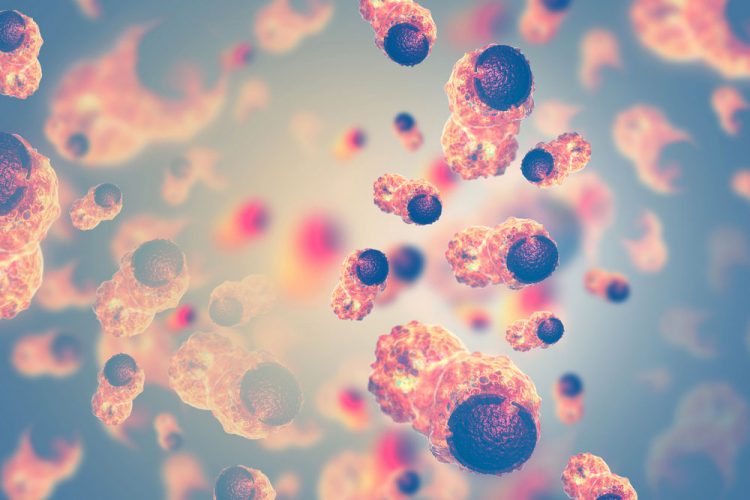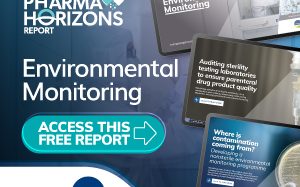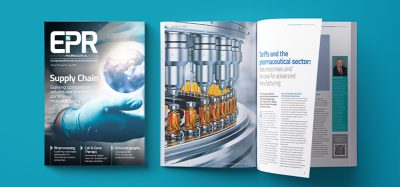The most common imaging method for diagnosing and monitoring cancer today is the positron emission tomography (PET) scan used with radioactive contrast material fluorodeoxyglucose (FDG). However, FDG gives high rates of false positives, which lead to false therapeutic observations and expensive costs for healthcare systems. The main problem is that the test can detect not only tumours but also inflammation, making it difficult to differentiate between cancerous growths and inflammation.
The material being developed by the researchers is a radioactive contrast agent based on nanoparticles. In addition to identifying, imaging and tracking cancer tumours, these nanoparticles make it possible to make an unequivocal distinction between a tumour and inflammation.
“The technology we are developing is significant because it will enable physicians to make a better diagnosis,” said Dr Eli Shalom, CEO of Isotopia Molecular Imaging. “Another advantage is that it will be used in existing PET/CT centres and rely on equipment that’s already in place, so it’s very economical.”
Dr Shalom said that the vision in this development is far beyond specific cancer identification. “The method we are developing can be combined with Lu177 for therapy as well as the imaging. This is an innovative field called Theranostics (therapy + diagnostics). In the Theranostics model, we use the same molecules and radiolabel them for imaging and therapy each time with a different isotope.” Isotopia, which today focuses on the development of Theranostic products for prostate cancer, will be an excellent platform for bringing development to the global market.
The research is being carried out within the framework of the “Magneton” program of the “Innovation Authority” (formerly the “Bureau of the Scientist”), which funds research aimed at encouraging the transfer of technological know-how accumulated in academia for innovative industry products. Fundraising for Magneton (for Bar-Ilan University) was overseen by Birad Research and Development Company Ltd.”.
About Isotopia
Isotopia, the nuclear pharmacy with knowledge and experience in the radiochemical connection, has extensive experience in developing processes and applying them for molecular imaging. The Isotopia development team is a multidisciplinary team consisting of nuclear pharmacists, radiochemists, nuclear engineers and physicists.
The experienced Isotopia team, together with its radio-nuclear pharmacy and cyclotron facility, are a well-established platform for development. Isotopia conducts research and development initiatives in cooperation with leading medical centres and with leading research laboratories in Israel. Isotopia creates collaborations between the scientific and medical community to further develop and experiment with new markers for imaging applications and molecular therapy. Isotopia develops strategic partnerships in procurement, production and international sales of Isotopes in the manufacture of cyclotron, radiopharmaceuticals and related molecular imaging technologies, as well as new developments in the field of radiotherapy.








